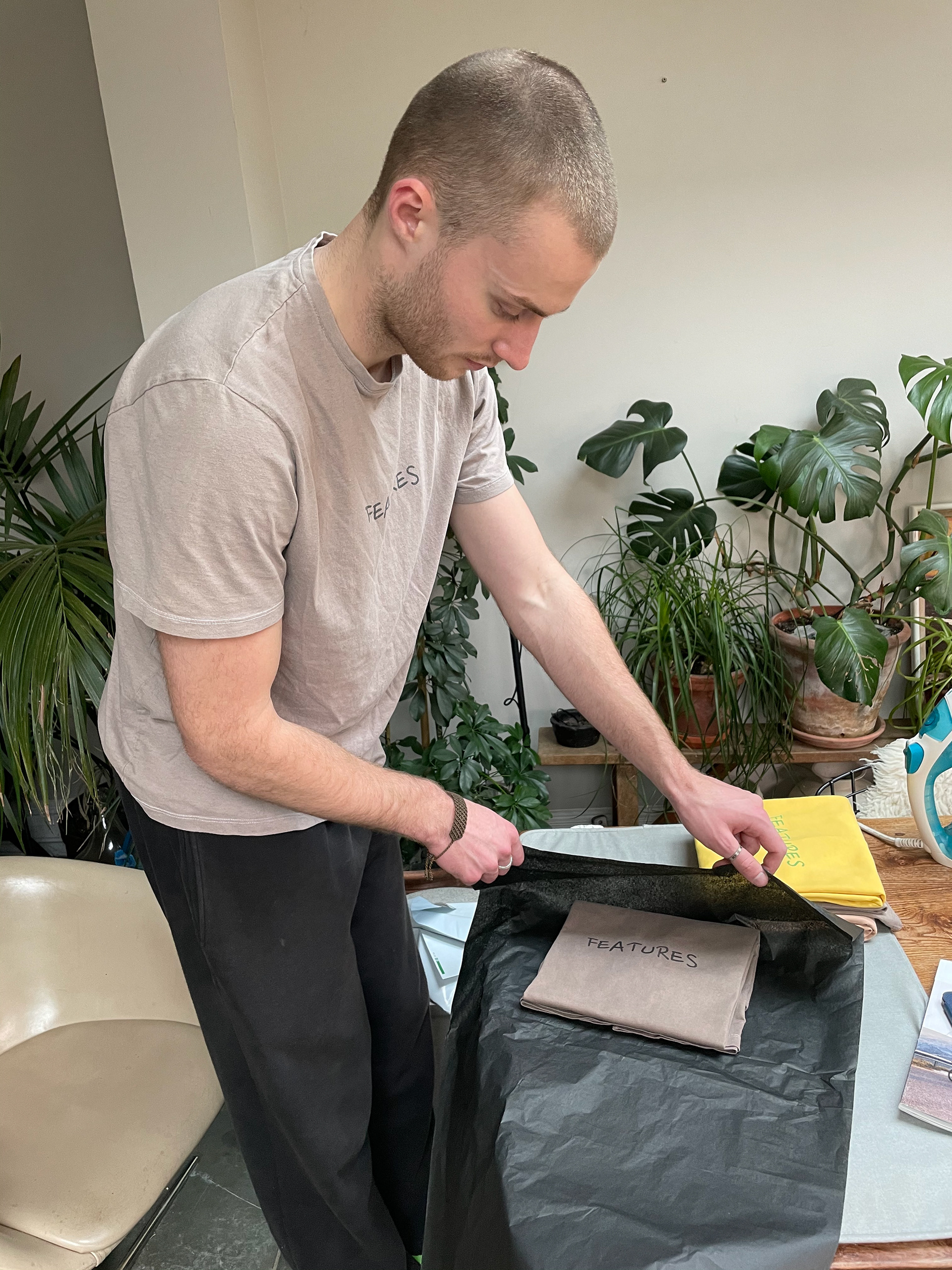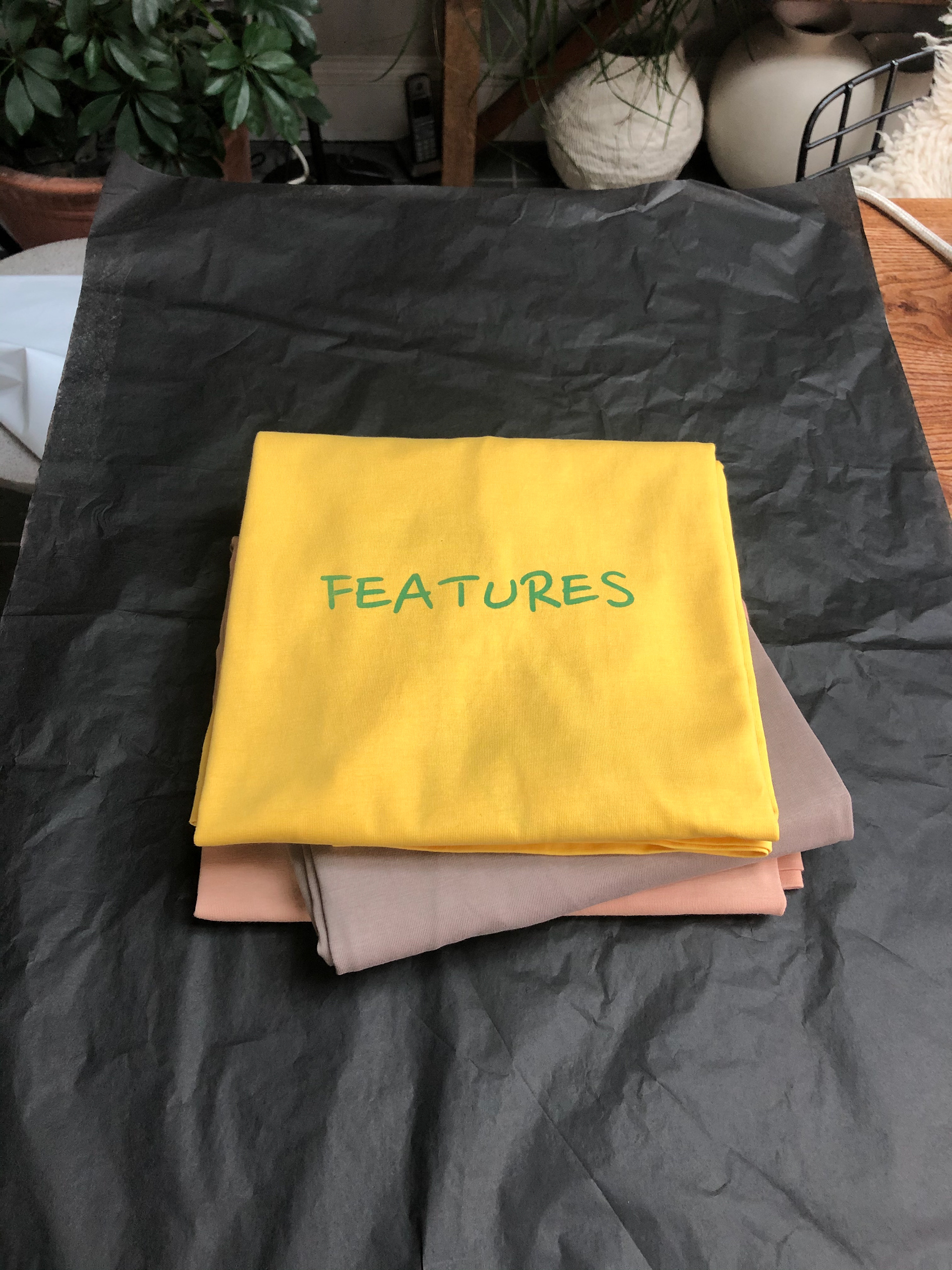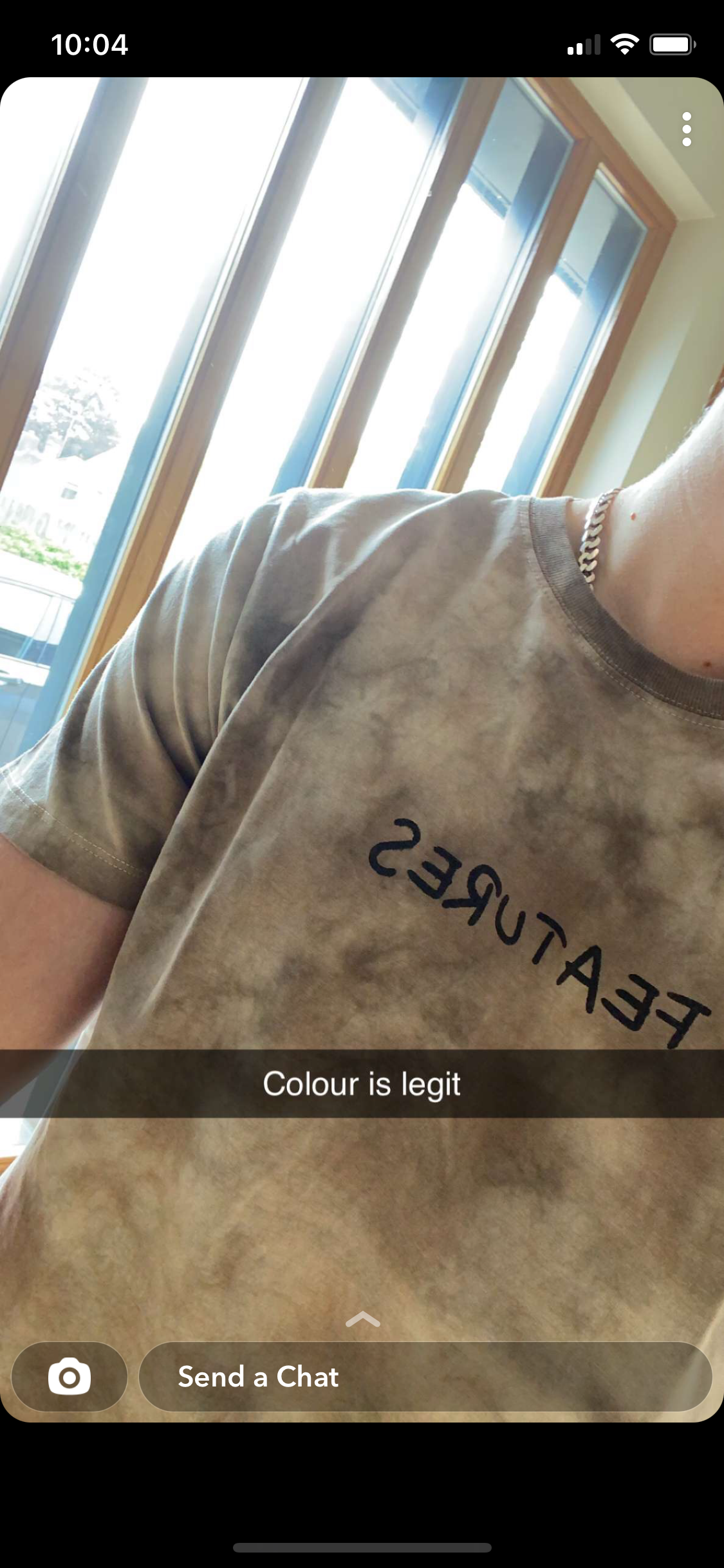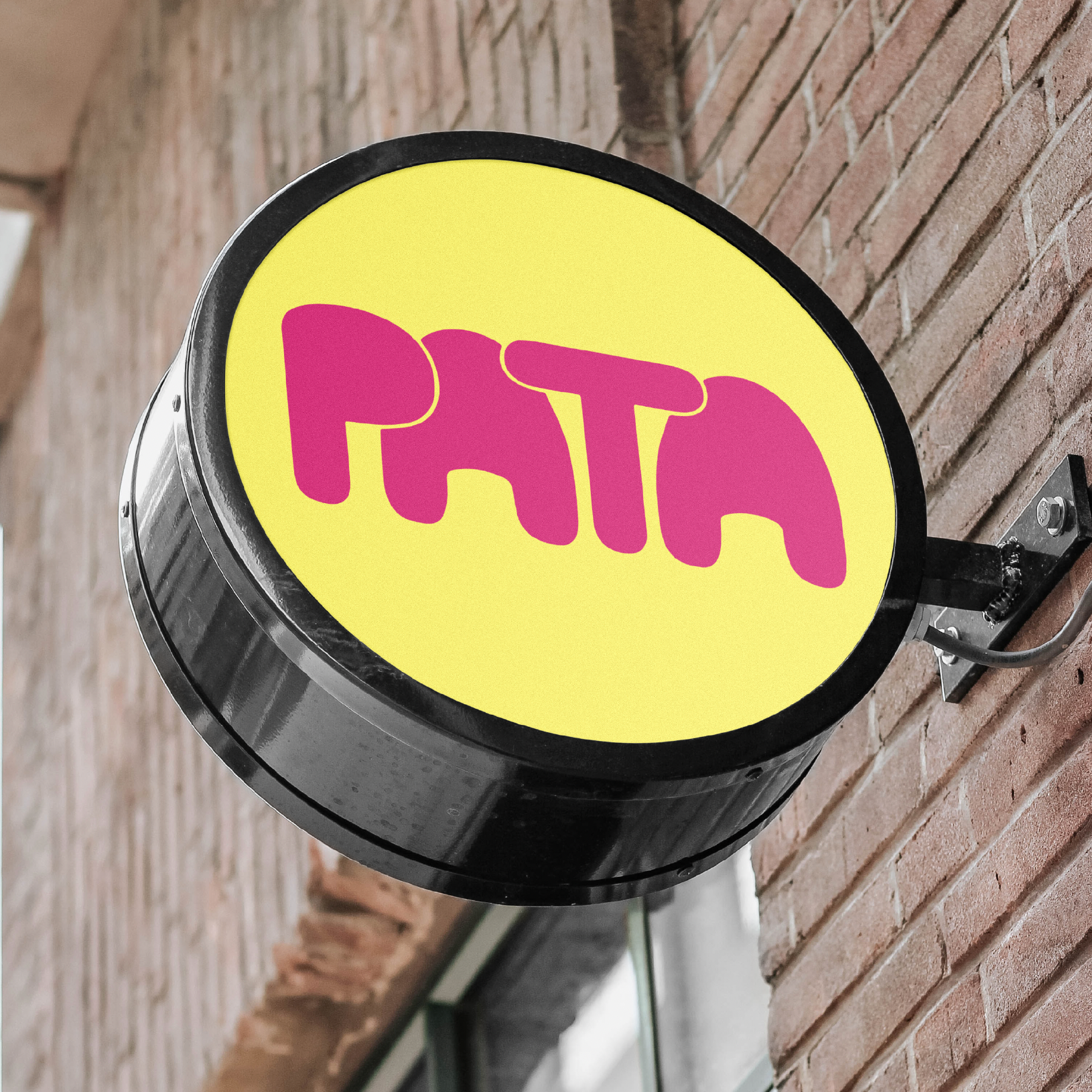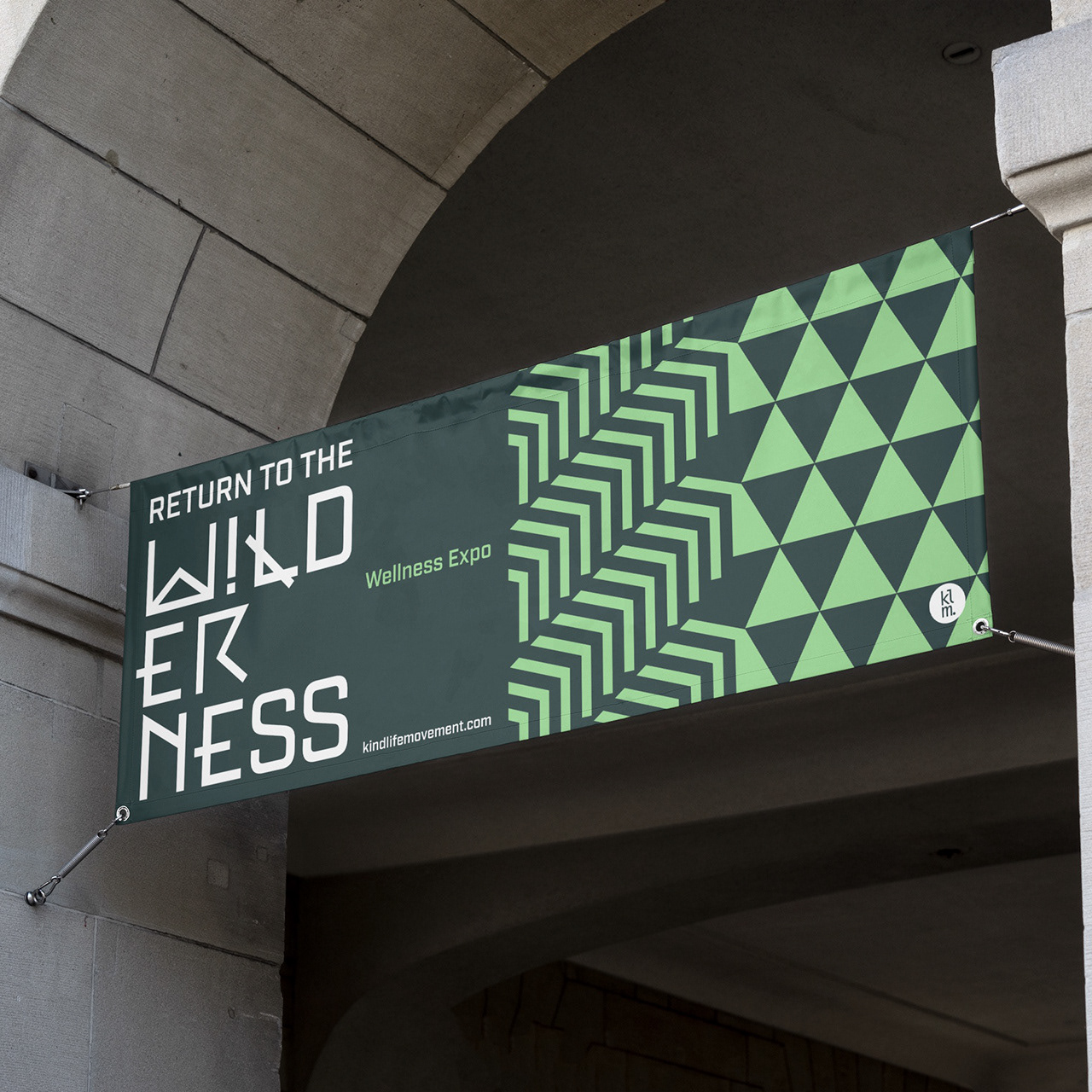Project Brief
Features is a natural dye clothing brand. I noticed a commonality between brunch spots, using avocado in its brunch items. As it turns out, avo skins and stones produce a vibrant pink when heated in water! This case study explores a unique approach to creating dyes from organic waste from local cafes and the development of the Features identity.
Logo creation & naming
'Features' are unique aspects that define our individuality. I want Features to challenge the normal and champion the unusual.
The dying process
I developed relationships with local cafes to collect their waste avocado skins. These skins are cleaned and heated in water to extract their pigment.
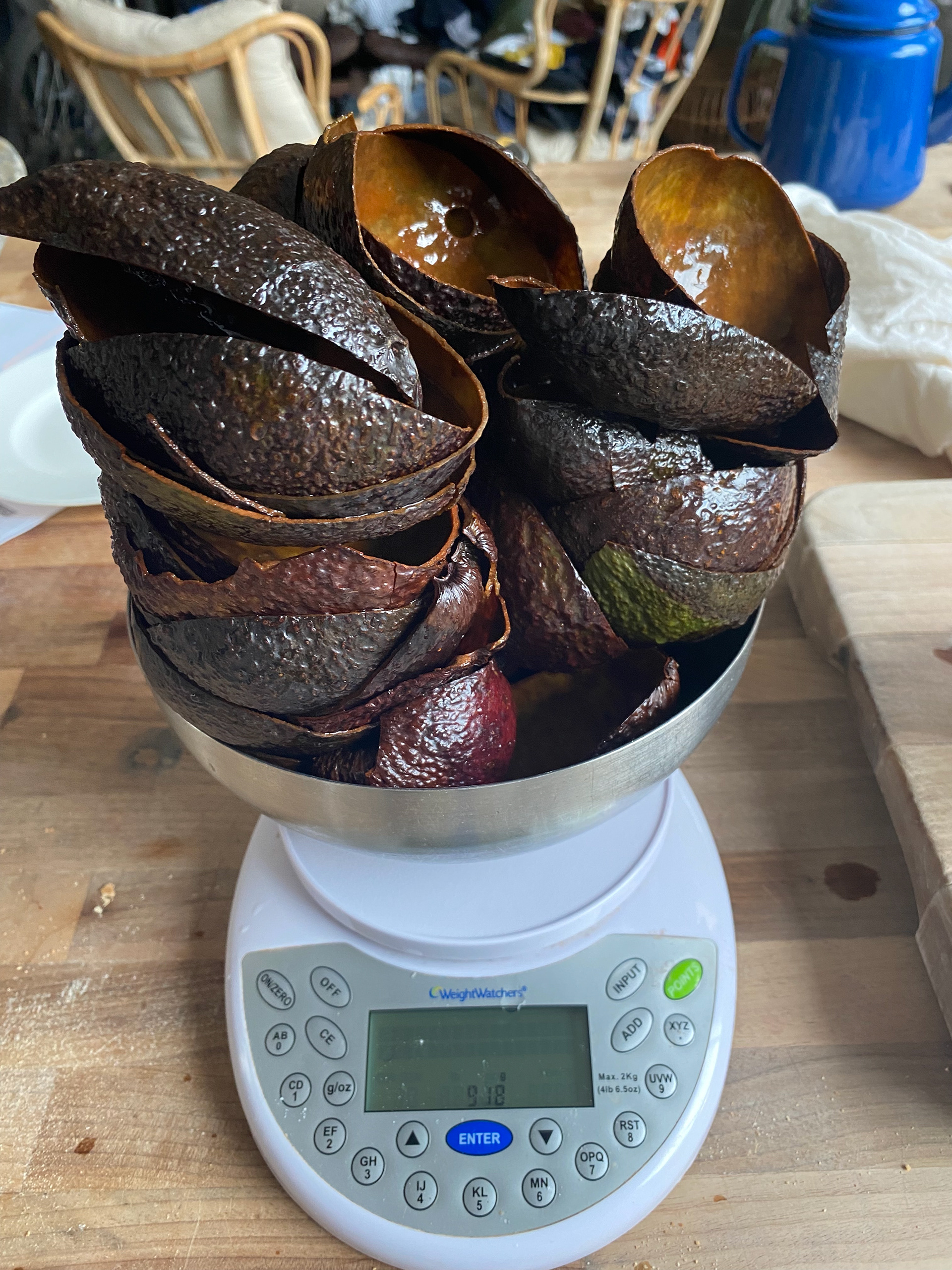
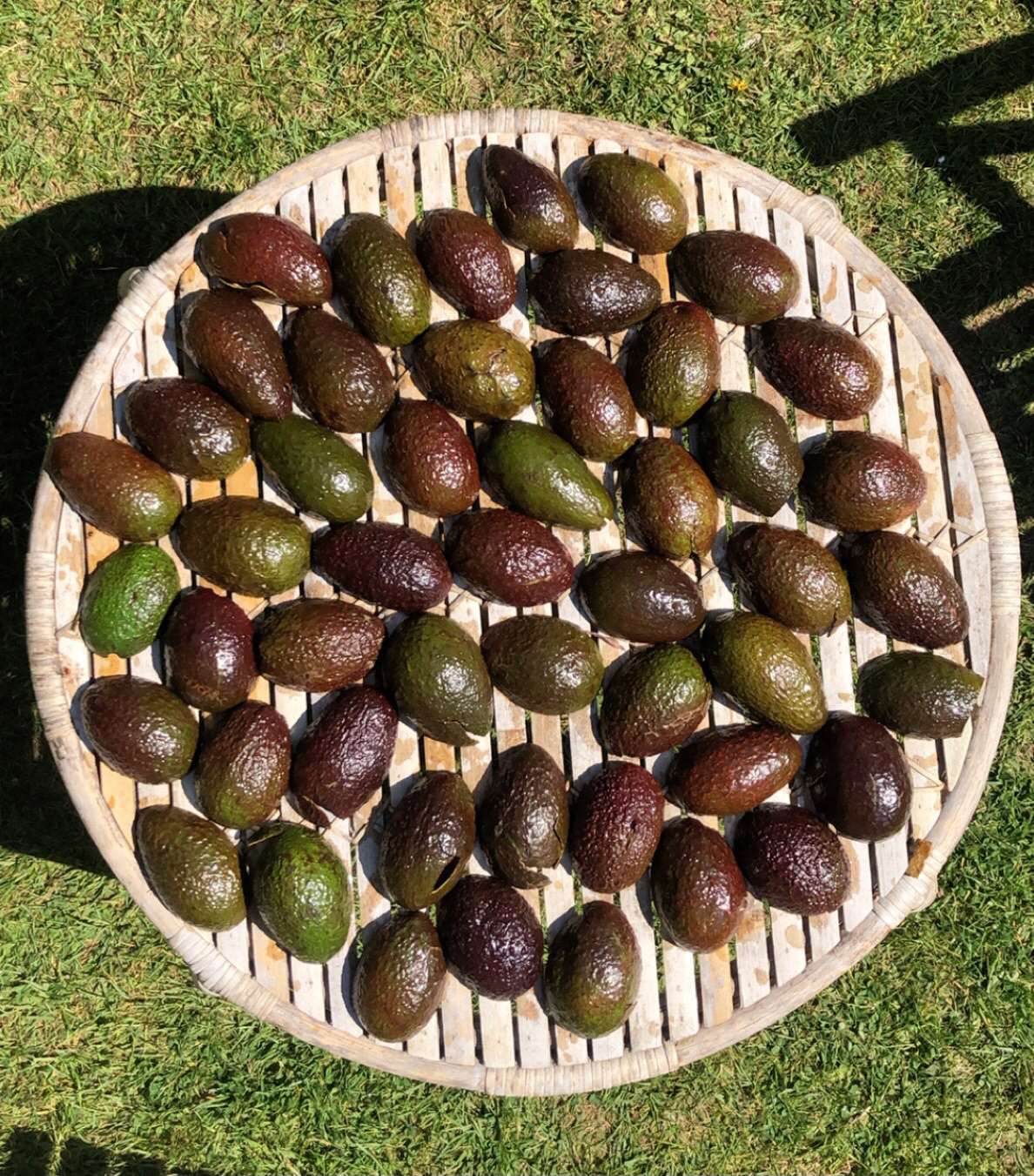
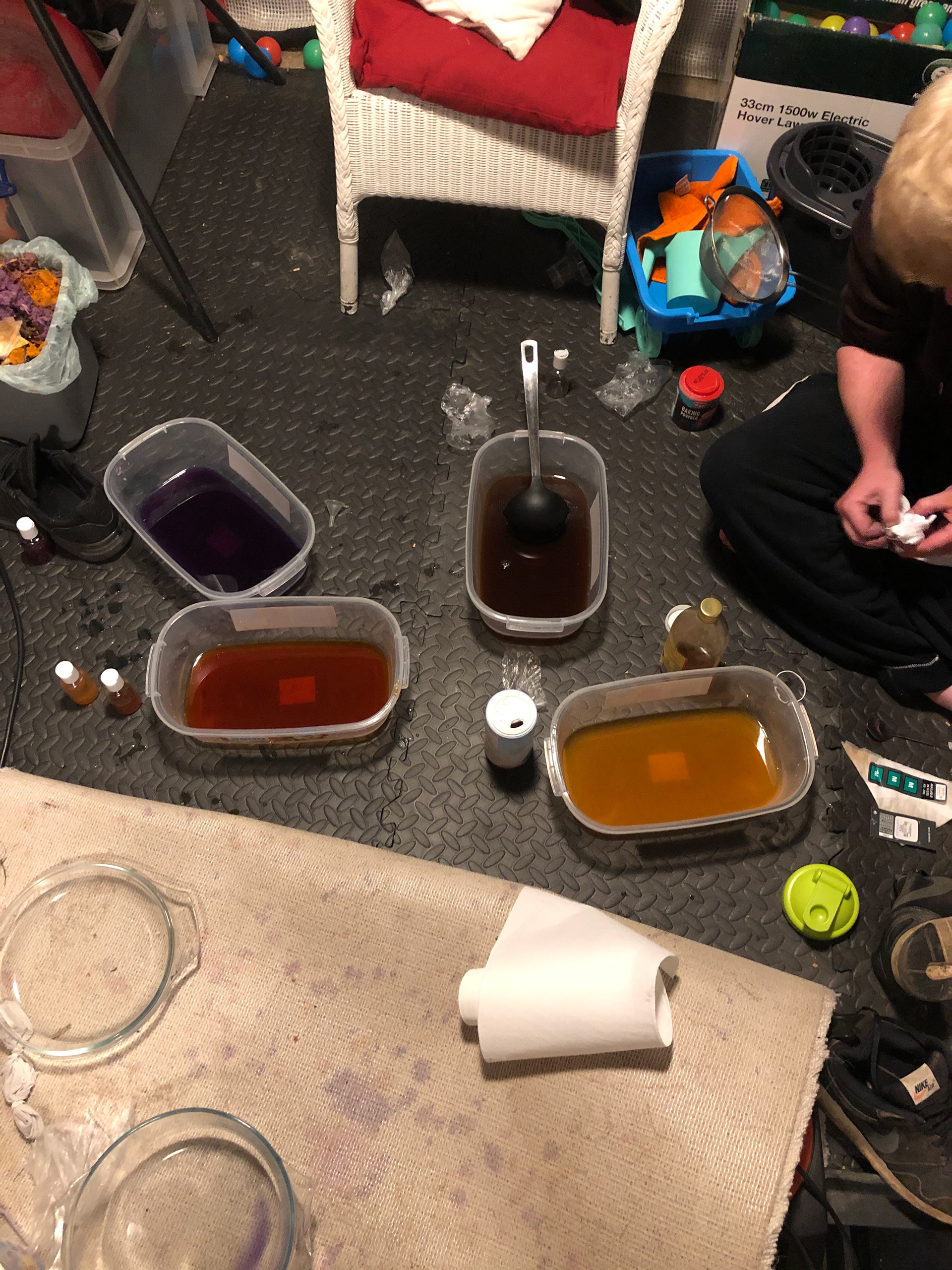
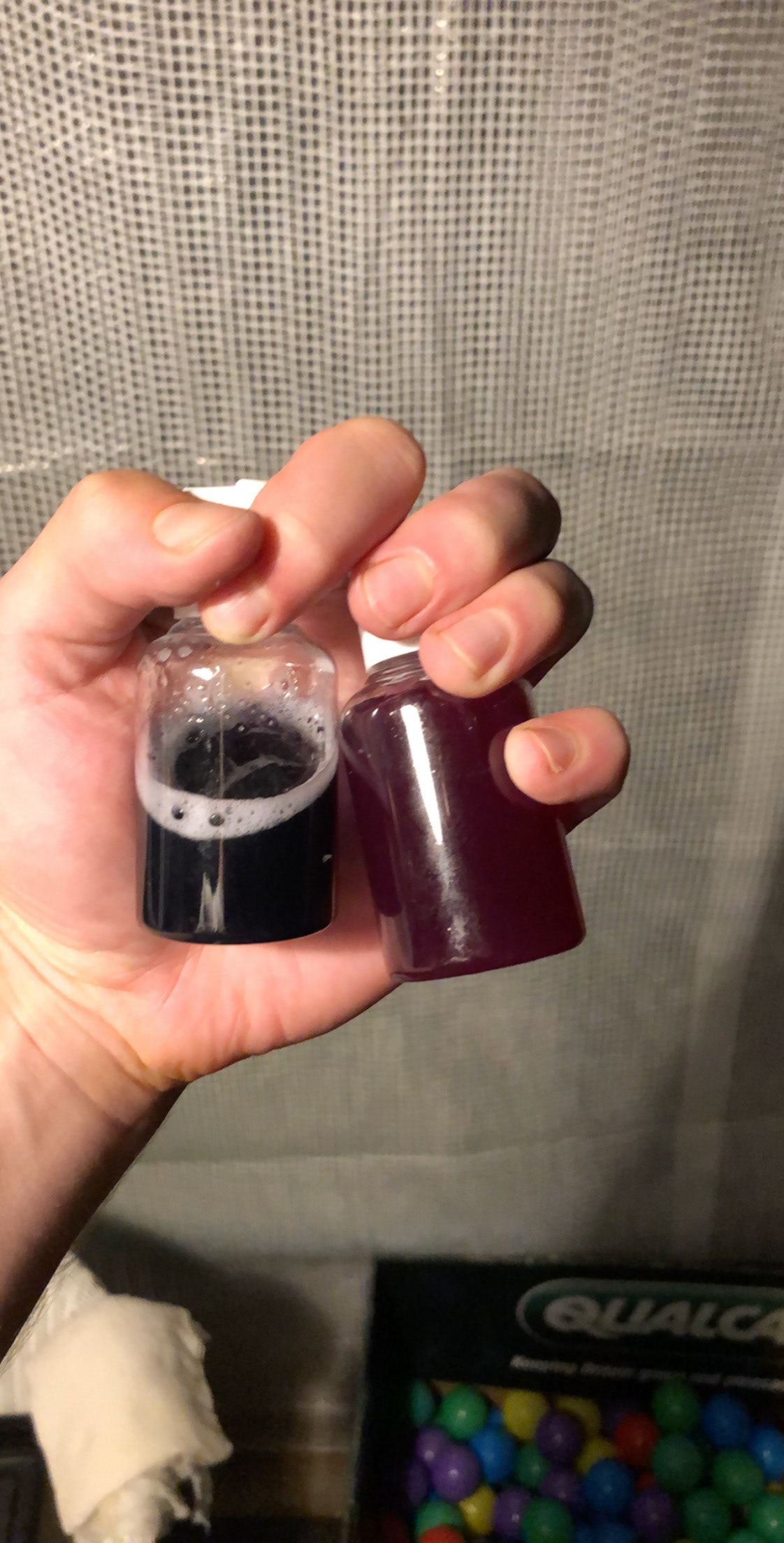
Sustainable screen printing
Water-based inks are non-toxic, biodegradable, and have a lower environmental impact during production and disposal.
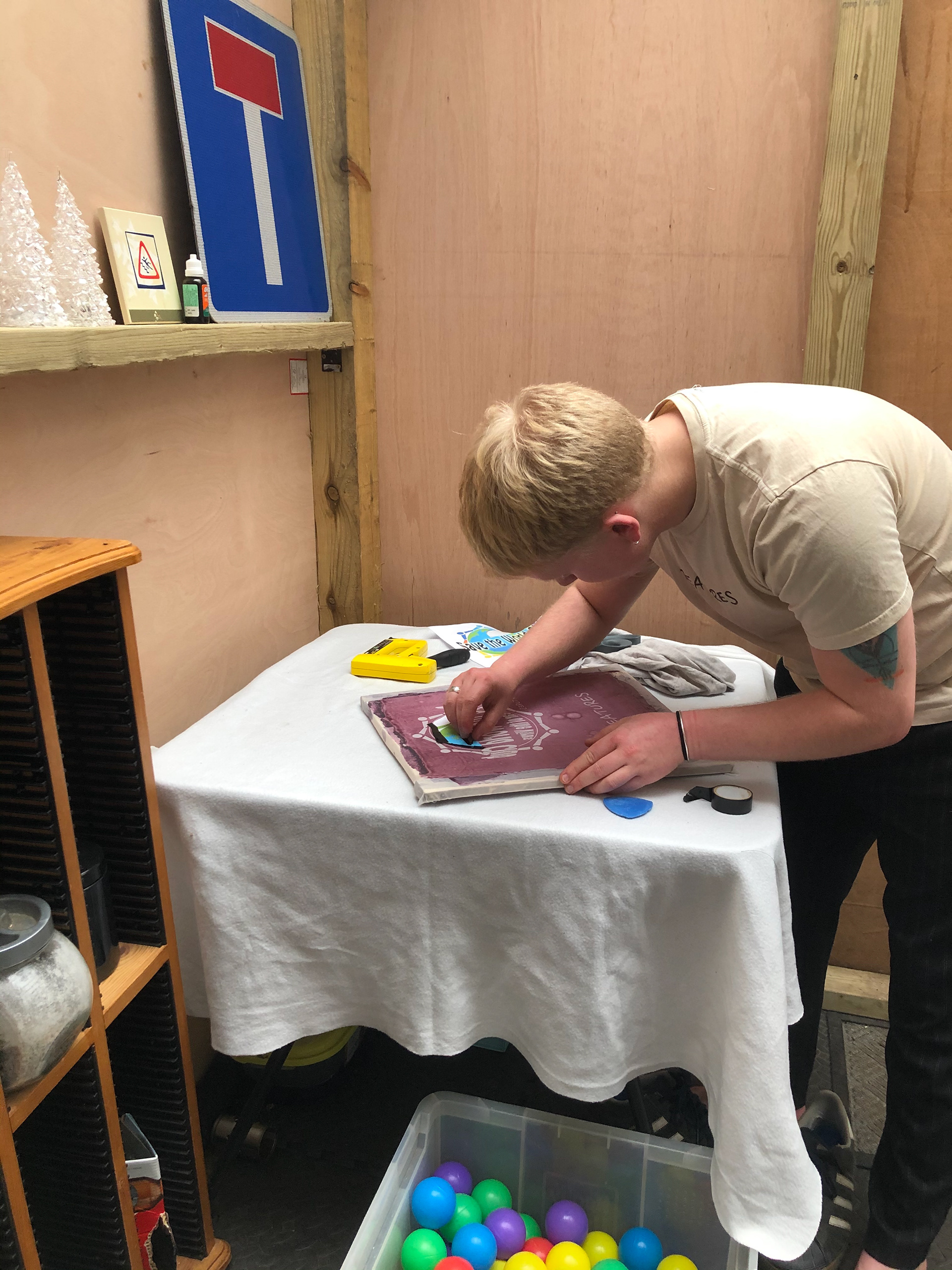
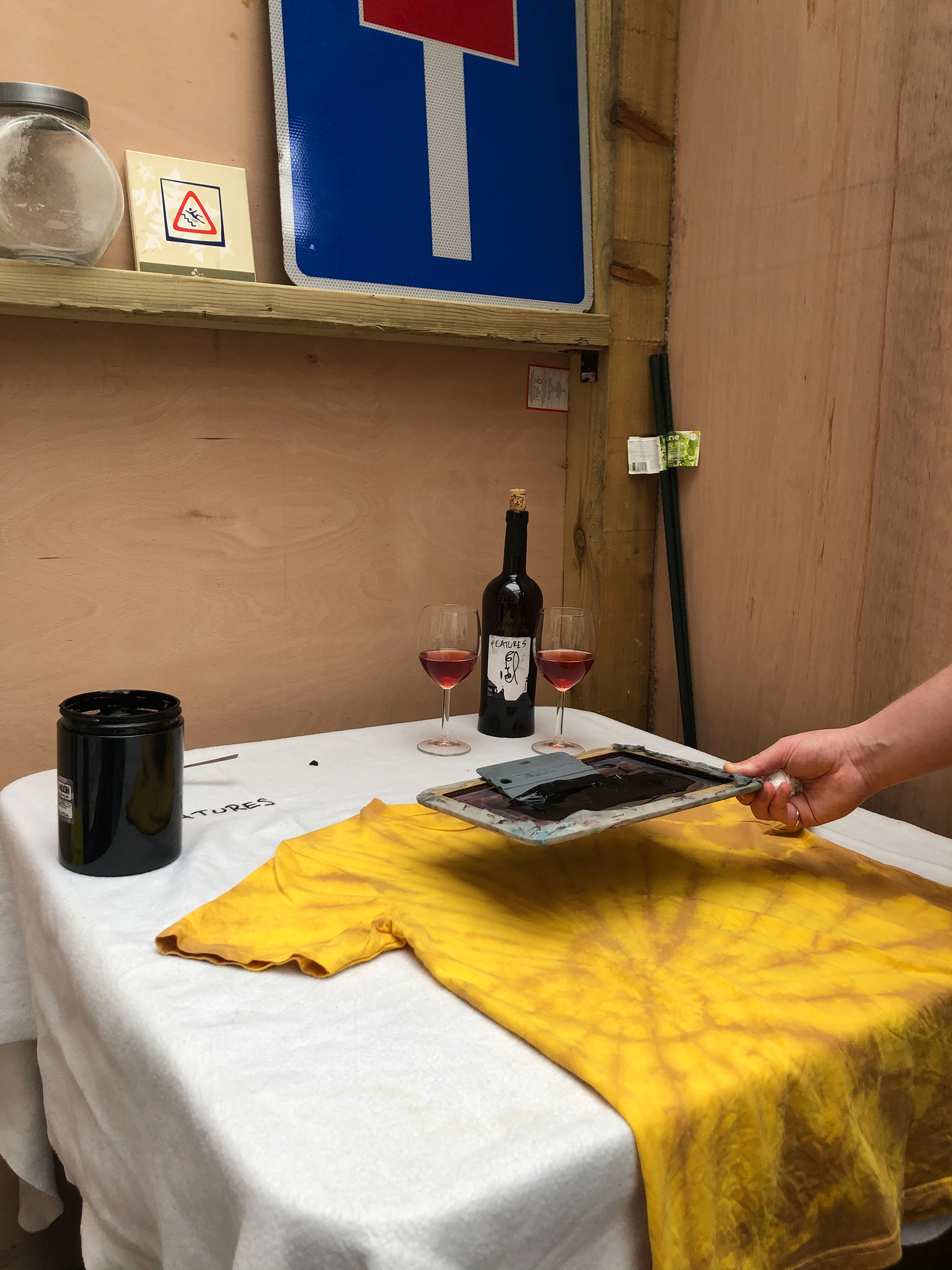
Photography
'Keeping it close to nature.'

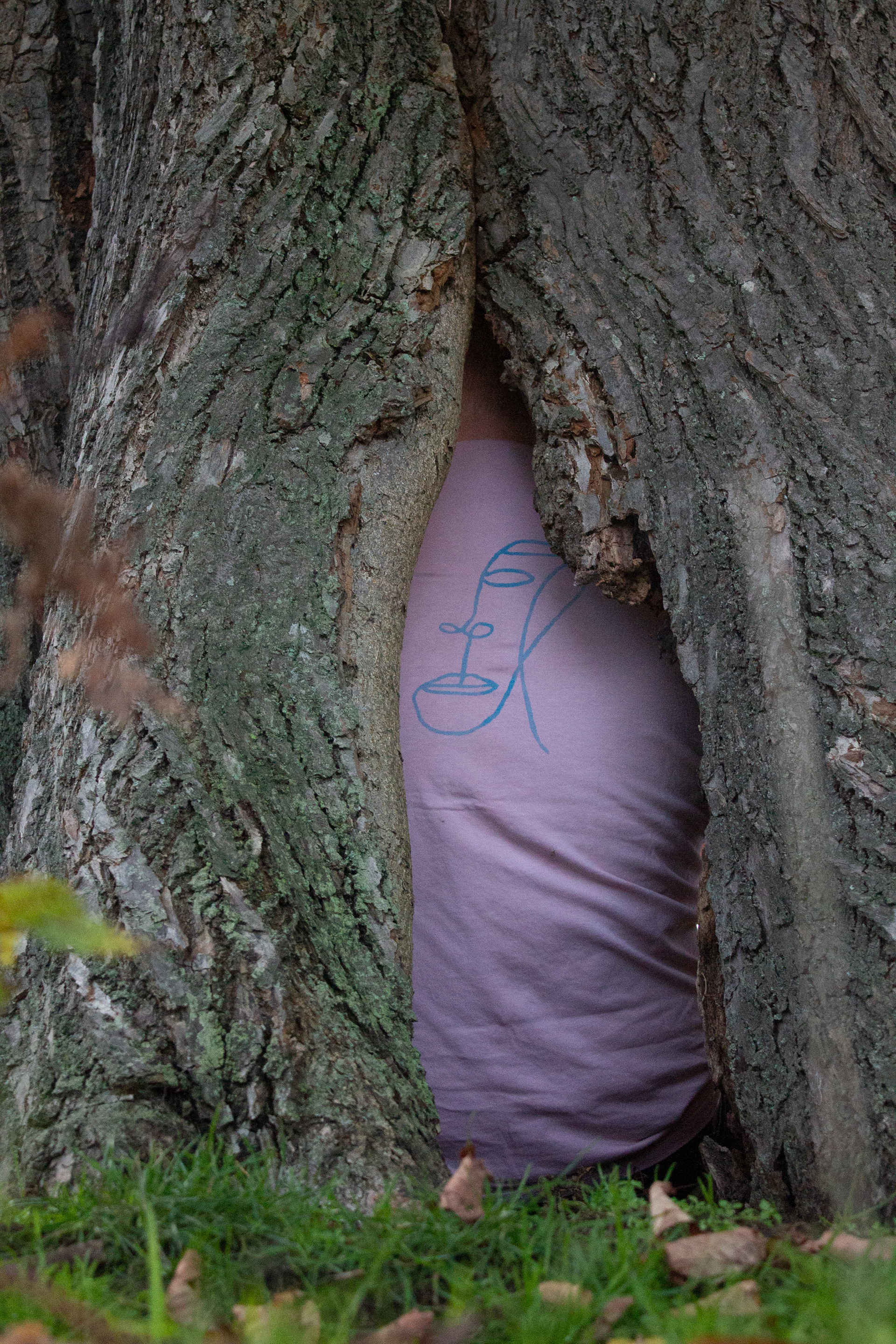

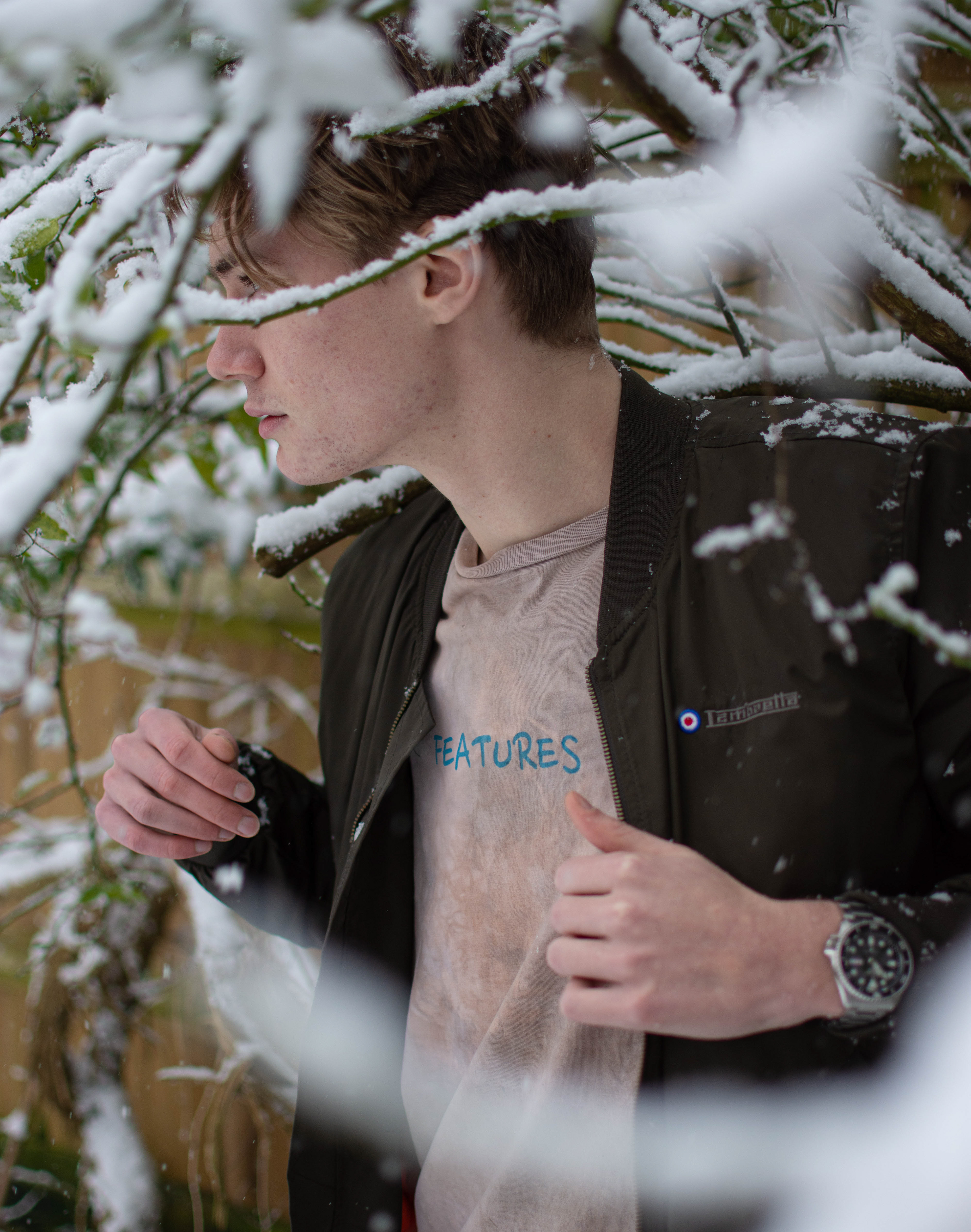
Selling and feedback
T-shirts made to order.
